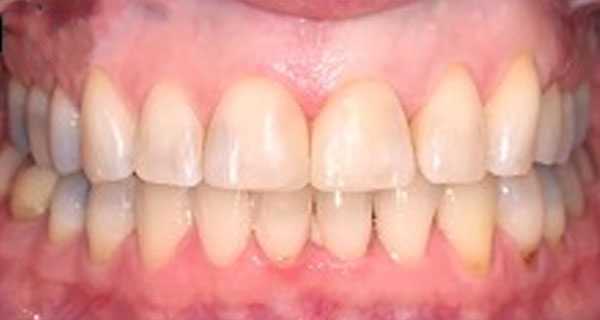In recent years, the impact of allergies on various aspects of our health has gained significant attention. While most discussions focus on respiratory and skin-related symptoms, the connection between allergies and dental health remains relatively unexplored.
But how do allergies really affect our teeth?
Some symptoms you may experience could be:
- Tooth pain
- Dry mouth
- Bad breath
- Swollen gums
Tooth pain
Your allergies are acting up, but why are your teeth hurting? Allergies can cause you to feel tooth pain, especially in the molars. Your maxillary sinuses are usually affected by allergies. Congestion and pressure build in them. This is what can create the pressure that you feel in your face and head, but it also places that pressure on the roots of your teeth.
Since the root tips of your upper molars sit very close to your sinuses, the pressure and congestion can affect the roots of your teeth. The result is pain and inflammation in the upper molars.
Dry Mouth & Bad breath
As you become congested you tend to breathe through your mouth more, leading to dry mouth conditions. As you breathe through your mouth your saliva dries up creating an ideal environment for cavities. Saliva plays a crucial role in maintaining oral health, including deterring tooth decay, neutralizing acids, and washing away debris.
In addition to the natural effects of allergies, antihistamines further contribute to dry mouth. Allergy medications dry up the mucus in the sinuses and the saliva in your mouth. A lack of saliva can not only affect your teeth but also cause bad breath.
Swollen Gums
While bacteria and vigorous brushing can cause your gums to swell, allergies can trigger an immune response, leading to inflamed, irritated and swollen gums. As the pain keeps you from brushing as much as you need to, it makes it hard to reach some areas. Over time, this can cause gingivitis. If left untreated gingivitis can progress into periodontitis, a more severe form of gum disease. Therefore, it is crucial for individuals with allergies to take extra care in maintaining their oral hygiene to prevent such complications.
Avoiding Long-lasting Oral Problems
To avoid long lasting oral problems, it is essential to treat your seasonal allergies with the proper medications, stay hydrated to fight dry mouth and keep up with your routine dental check-ups.


